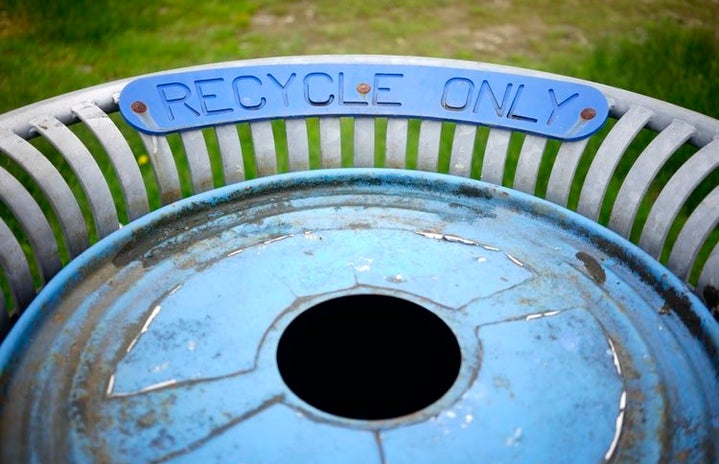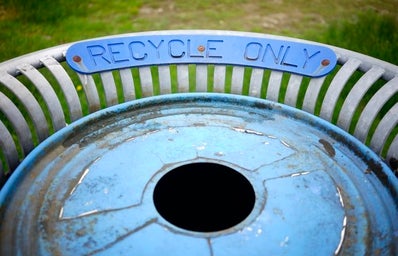A tax war between the United States and China is responsible for massive waste pile-ups across the US, creating hurdles for the American recycling industry. The higher taxes are China’s direct response to President Trump’s tariff and restrictions on Chinese goods entering the US.
According to the President, the United States increased duties on China and “urged China to change…unfair trading practices, and give fair and reciprocal treatment to American companies.” Shortly after the US implemented the tariffs, White House officials said they would relieve China from the increased taxes if they met the administration’s trade demands. These demands included greater access to the Chinese market and dropping the requirement for American companies to hand over valuable technology.
It was no surprise that China retaliated against the US by increasing tariffs and implementing new restrictions on recycled materials. China’s tariffs on the US also caused a backup at recycling centers due to the major switch in import rules. In particular, China issued a 25 percent tariff on American cardboard, scrap plastic, and fiber packaging, to name a few. Furthermore, China has also implemented stricter standards when it comes to accepting recycled materials, only allowing a contamination rate of .5 percent or lower, making it significantly harder for businesses to export recycled materials.
As mountains of recyclables accumulate, some recycling businesses are forced to purchase more expensive and advanced technology to help sort through paper trash in order to meet the more selective standards. Some firms are simply turning to other countries like Indonesia and Vietnam to accept their recycling.
For average Americans, the waging trade war between the US and China means that materials that used to be recycled may become more expensive for consumers to dispose of, and separating trash could become more complicated. If China’s tariffs are increased again, there could be major effects on the US trash disposal.
One thing you can actively do to decrease waste is to recycle responsibly. When waste, such as plastic bags, get thrown in the recycling bin, they can jam sorters. Environmentalists encourage people to recycle properly. And if in doubt, simply don’t recycle. It sounds counterintuitive, but in the long term, reducing the number of contaminated materials in recyclables allows for more materials to be recycled, and less trash to pile up.


